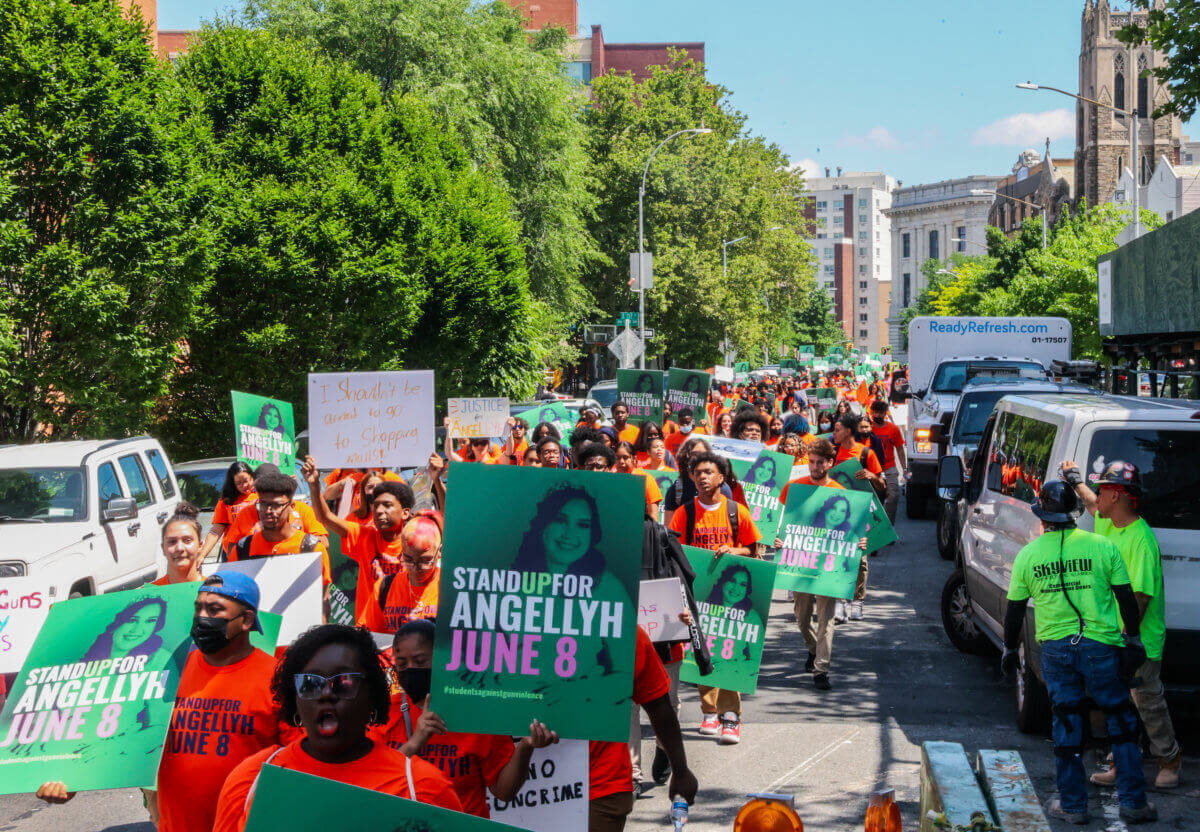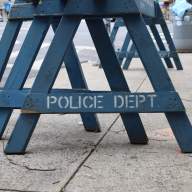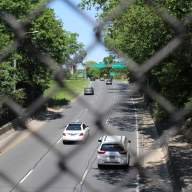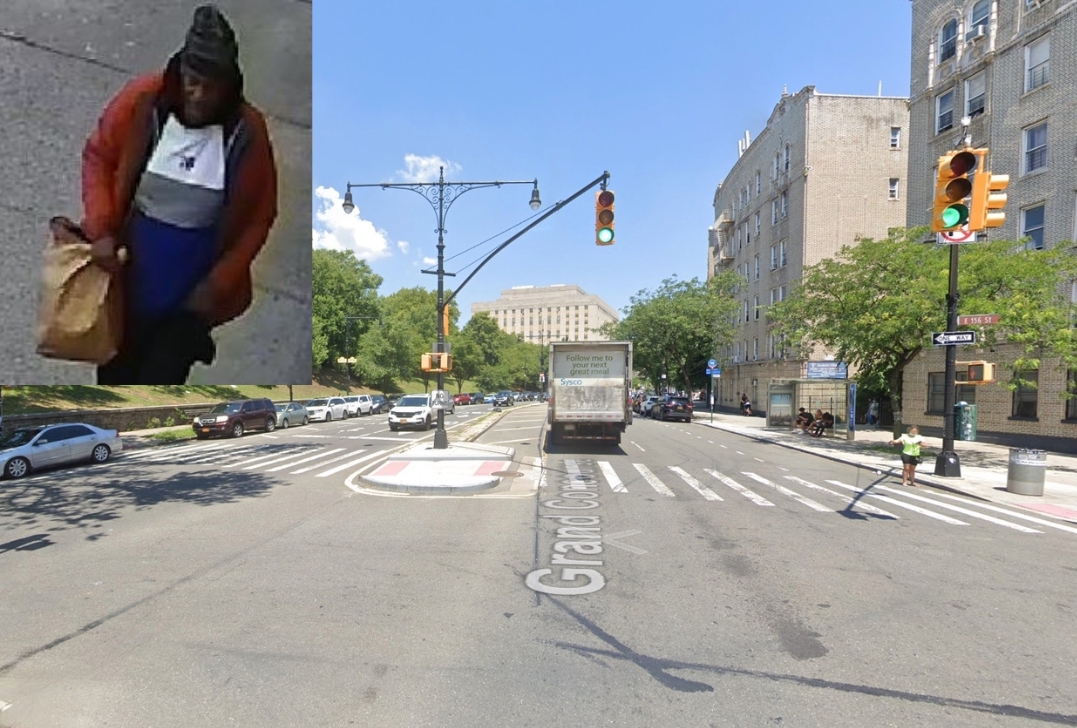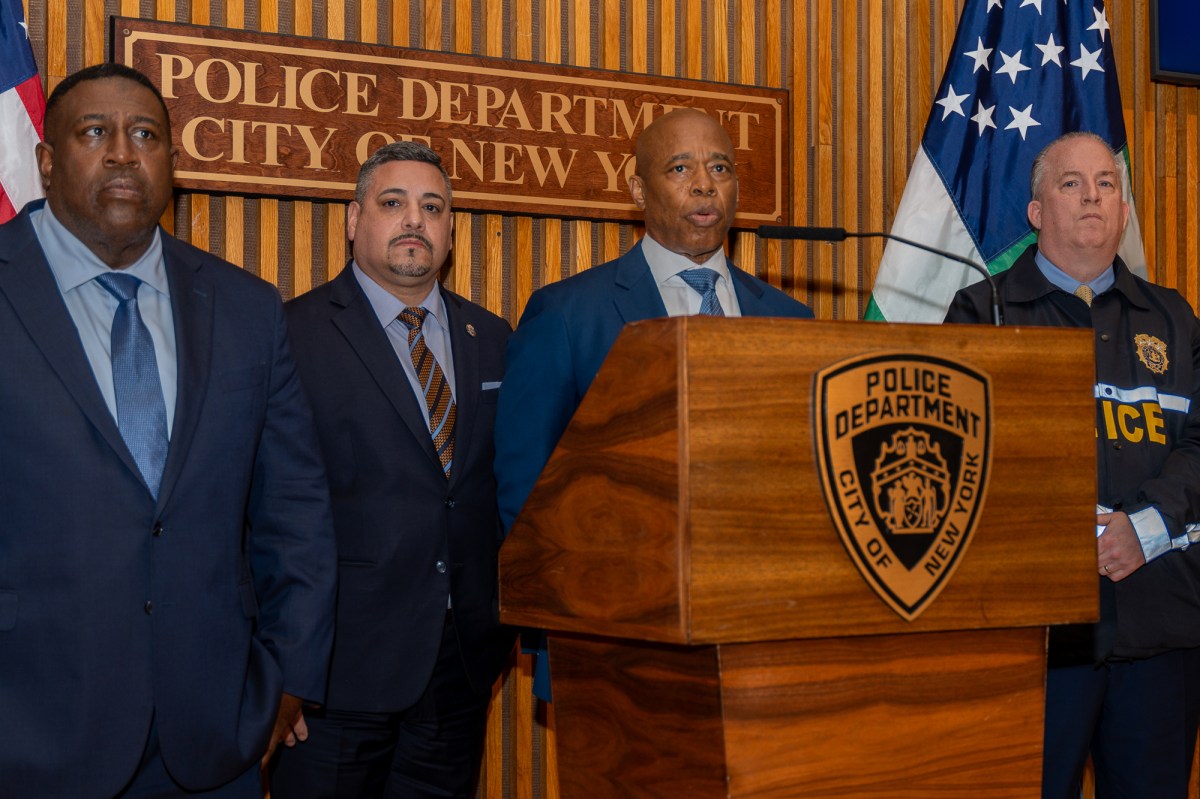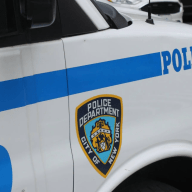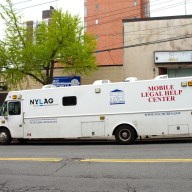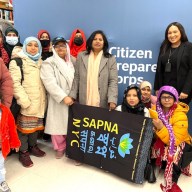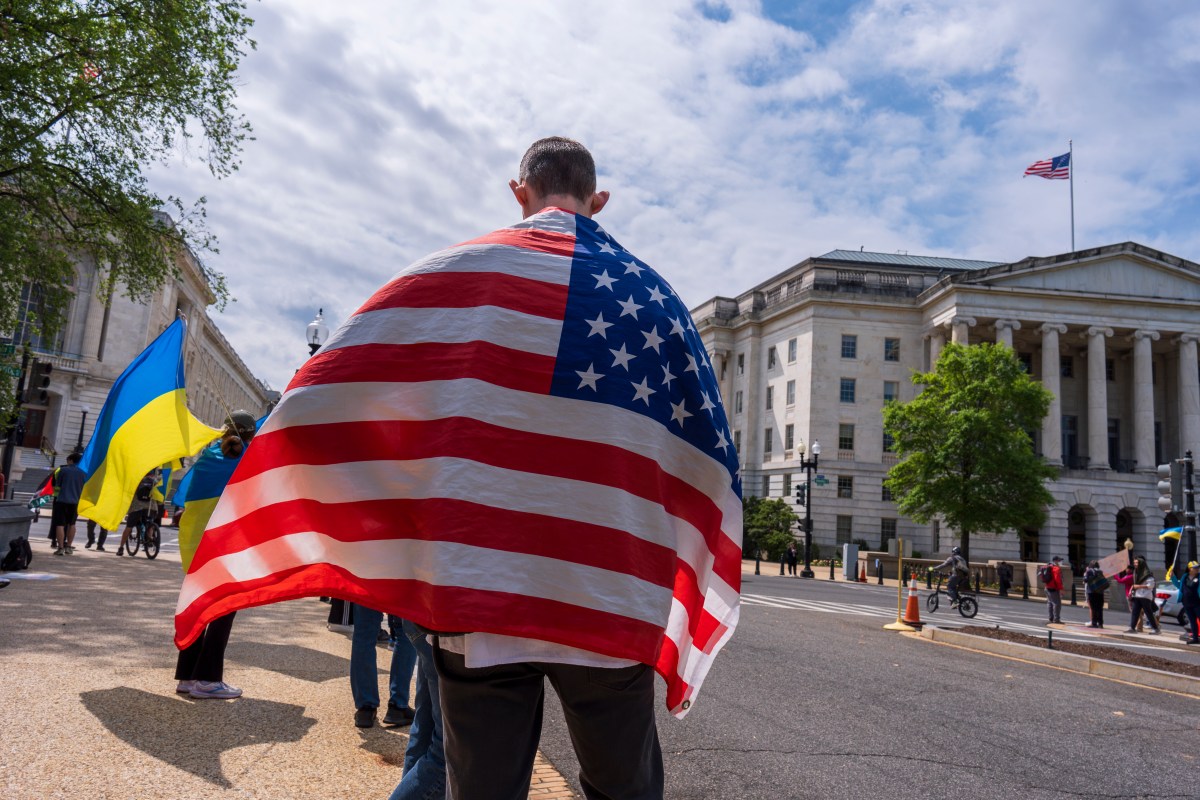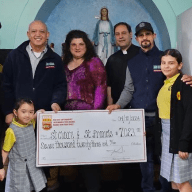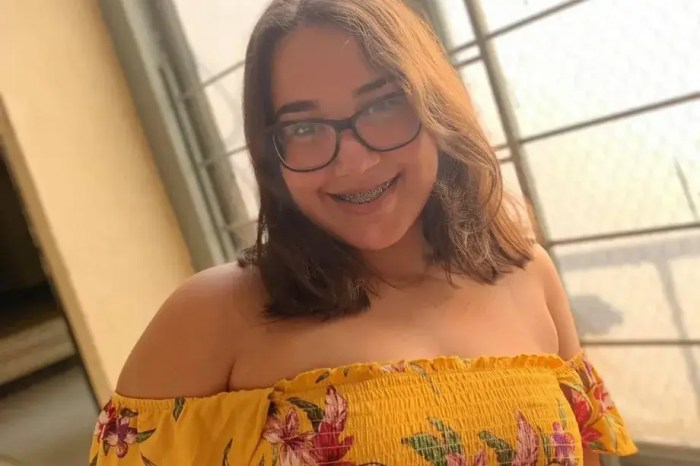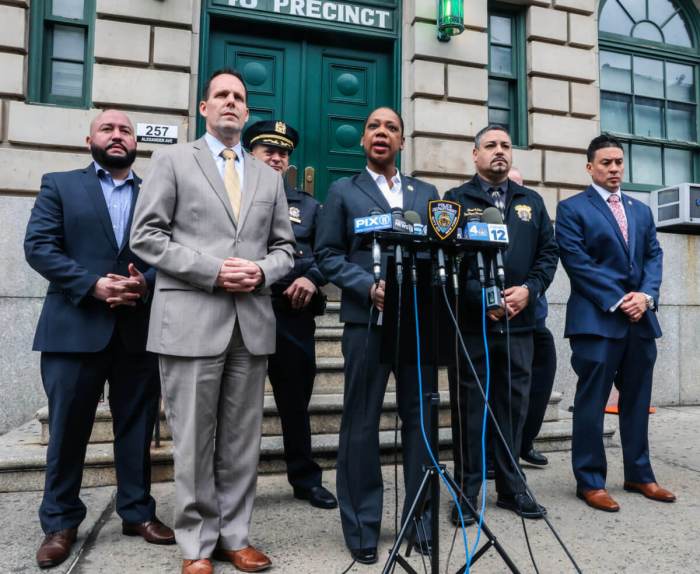Angellyh Yambo dreamt of a life where she would be an agent of change and a source of help for her Bronx neighbors. Yambo wanted to be a doctor, changing the health outcomes that have long-plagued her borough.
But on April 8, 2022, Angellyh’s 16-year-old promising life was cut short— the unintended victim of a stray bullet fired from 17-year-old Jeremiah Ryan’s ghost gun — blocks away from the University Prep Charter High School she attended.
Mary Hernandez, Angellyh’s aunt, told the Bronx Times she’s turning the pain of her niece’s death into purpose, hoping to use a 501(c)3 non-profit foundation bearing the slain teen’s name to change outcomes for Bronx teens, and possibly nationwide.
“I feel like I haven’t had the chance to grieve my niece’s death, so this is a way to turn that grief and pain into purpose,” said Hernandez, the CEO of The Angellyh Yambo Foundation who also lives in the Bronx. “To me, every child is Angellyh. I feel every child is actually reaching for those stars, being ambitious, making a difference in the world, and I hope to ensure they maximize their opportunities.”
The Angellyh Yambo Foundation Inc.’s goal, Hernandez says, is to reach Yambo’s peers at University Prep, located in the South Bronx’s Melrose neighborhood, through programming, educational awareness efforts and workshops for both student and parents to challenge local gun culture and violence.
Her murder, for many, is a microcosm of a seemingly never-ending cycle of gun violence, in which both perpetrators and victims are getting younger and younger.
A month after Angelllyh’s death, 11-year-old Kyhara Tay was another casualty of gun violence, succumbing to an unintended bullet from a reckless drive-by shooting on May 16, 2022.
In New York City alone, in 2022, nearly 150 people under 18 have been shot and 16 killed, according to NYPD data. The Gun Violence Archive reports there were more than 1,350 teens killed in shootings across the U.S. last year.
According to vitalcity.org, which tracks the number of shootings by NYC police precincts, six of the city’s 10 highest shooting prone neighborhoods in 2020 and 2021 reside in the Bronx: Grand Concourse had around 70 shootings incidents, followed by Morrisania (66), Mott Haven (63), Wakefield (59), Belmont/East Tremont (56) and the Southeast Bronx (49).
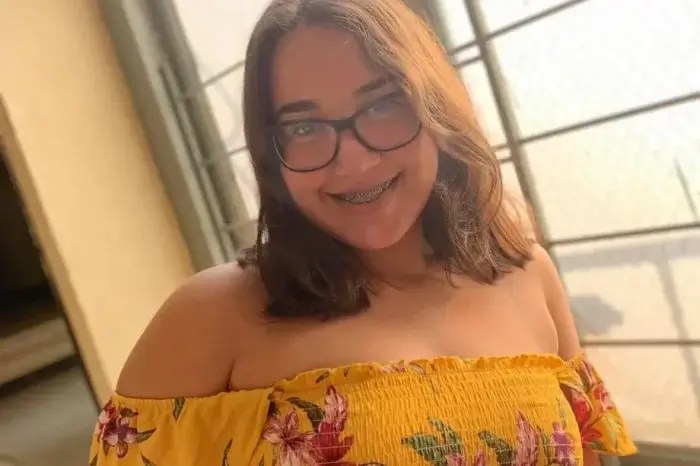
Hernandez also wants to implement programs and classes that help South Bronx teens see themselves as a part of a longer-term vision beyond their neighborhoods, with anti-bullying and self-defense classes along with college preparedness and financial literacy programs.
If Angellyh’s tragic story can impact one kid, then Hernandez says it’s worth it. Hernandez also hopes her niece’s life can the be impetus for changing federal law as well, recently petitioning U.S. Rep. Ritchie Torres, whose district covers the South Bronx, to find legislative avenues to strengthen the Gun-Free School Zones Act of 1990.
The Gun-Free School Zones Act prohibits an individual from knowingly possessing or discharging a firearm within 1,000 feet of school zone, with penalties including a fine not exceeding $5,000, imprisonment for up to 5 years, or both.
“A fine for $5,000 is not enough. But we also want to increase the (size) of the school zone, and want to increase the fine and the imprisonment, because it’s not enough when lives are taken away,” said Hernandez. “I’m not sure if we had that in effect that would’ve saved her life, but we can make sure other kids and students are protected by gun violence.”
In 1995, high school senior Alfonso Lopez carried a concealed weapon into his San Antonio school, and his ensuing case would test the limits of the Gun-Free School Zones Act.
At first, Lopez was charge with violating a Texas state law that banned firearms in schools. However, the next day, those state charges against him were dismissed in favor of federal charges, violating the Gun-Free School Zones Act.
While Lopez was found guilty following a bench trial — sentenced to six months of imprisonment and two years of supervised release — in April 1995, the U.S. Supreme Court ruled (5–4) that the federal law of 1990 was unconstitutional, claiming that restricting firearm possession in school zones substantially affected interstate commerce.
In the aftermath of the Lopez case, Congress soon revised the Gun-Free School Zones Act in June 1995 with the necessary interstate-commerce provision used in other federal gun laws.
Reach Robbie Sequeira at rsequeira@schnepsmedia.com or (718) 260-4599. For more coverage, follow us on Twitter, Facebook and Instagram @bronxtimes

